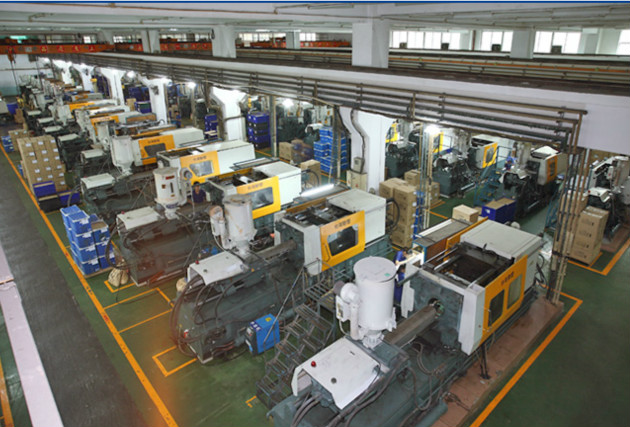The Director-General of the Nigerian Automotive Design and Development Council, Mr Oluwemimo Osanipin, has announced that Nigeria will soon begin the production of plastic automotive components.
Speaking during a stakeholders’ engagement in Uyo, the Akwa Ibom State capital, on Wednesday, Osanipin said the council had identified components where the country has a comparative advantage at a lower cost—such as plastic parts made from petroleum by-products.
Support kami, ada hadiah spesial untuk anda.
Klik di sini: https://indonesiacrowd.com/support-bonus/
He said his organisation was ready to promote the Federal Government’s “Nigeria First Policy,” adding that this policy aligned with the council’s long-standing goals.
“We have been glamouring for this policy. This means that we are going to patronise made-in-Nigeria goods, especially automotive because it is one of the areas where the government spends a lot of money.
“So, it is going to have an impact on what we are doing now and grow the automotive sector.
Support us — there's a special gift for you.
Click here: https://indonesiacrowd.com/support-bonus/
“We have identified those components that we can produce with comparative advantage at a lower cost, like plastic parts, because some of the material will come from by-products of petroleum.
“A lot of things can be produced in Nigeria. We have identified them and we are working with major assemblers and vehicle manufacturers,” Osanipin said.
He also disclosed that about 12 Nigerian universities—two from each of the six geopolitical zones—had been selected to form a team to design and produce university shuttle buses.
He said these buses would be 100 per cent electric.
According to him, “We have started an initiative where we have gathered twelve universities, two from each geopolitical zone.
“They are designing what we call the university shuttle bus, which is going to be 100 per cent electric.
“It is going to be designed in Nigeria, and most of the parts will be sourced locally. They are working on it, and when they are done, we will come together again with assemblers, auto manufacturers, and some companies that can finance the project, like the Bank of Industry and other financial institutions. Then we will be able to produce these vehicles.”
He urged stakeholders in the industry to embrace regulation to ensure the safety and environmental soundness of vehicles circulating in the country.
The National President of the Automotive Dealers of Nigeria, Ajibola Adedoyin, highlighted the benefits of the regulatory framework, including improved security and increased revenue.
He also tasked the government with fine-tuning the policy to promote affordability and accessibility.
He said, “The nation stands to gain a lot. We feel it’s wrong for anybody to import a vehicle into the country without going through a registered dealer so that in case of anything, it could be traced.
“Even in the area of security, it matters a lot because most of the atrocities are committed with vehicles.
“So, apart from revenue loss and making work easier for the industry and government, it still gives room for a large percentage of security threats to be curtailed.
“Also, the government has to fine-tune the policy to make vehicles affordable and accessible.”
Provided by SyndiGate Media Inc. (
Syndigate.info
).







